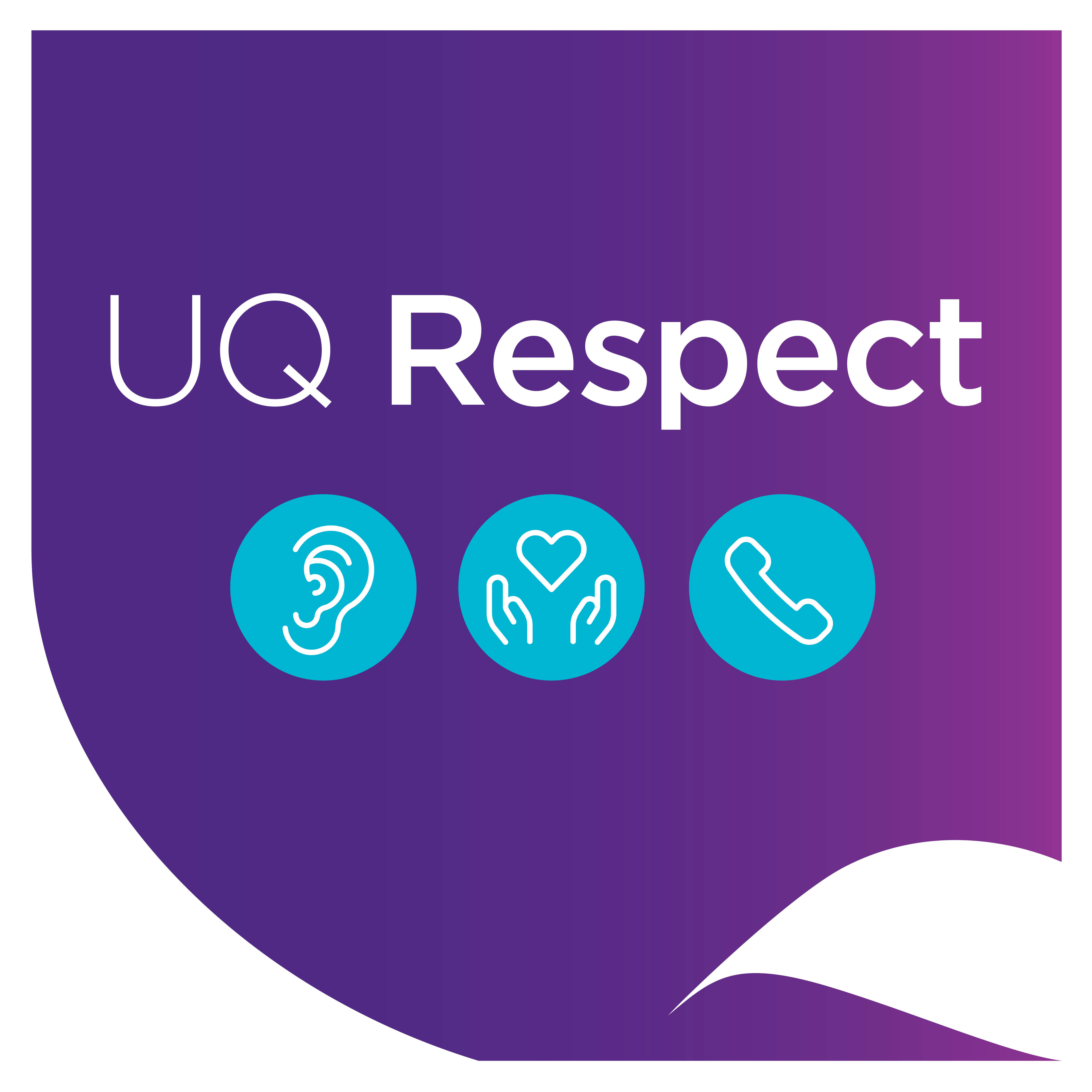Help a survivor (Listen, Support, Refer)
When someone experiences sexual assault or harassment, the people they choose to talk to about it play a vital role.
Some survivors wish to disclose their experience while other survivors choose to disassociate from the experience and avoid recognition or engagement with the topic. All of these reactions are normal and it’s important to support a survivor in making choices that feel comfortable to them.
It can be difficult to know how to respond and you may be unsure about how to help. Read the steps below or download our guide (PDF, 1.1 MB) to make sure that your response is non-judgemental, compassionate and supportive.
2. Support
Acknowledge the survivor’s experience and the difficulty they faced in disclosing it. You should thank them for telling you and check that they are safe.
Remember that people may not be ready to discuss all the details of what has happened, and they do not need to do this in order to access appropriate support.
Phrases like, "I’m here with you" or "Thank you for telling me", help show support for the survivor without pressuring them to speak further about the details of what happened.
Show that you are supporting them by
- believing them;
- checking that they are safe;
- thanking them for finding the strength to share their experience; and
- acknowledging that this experience shouldn’t have happened.
Need emergency support?
If you are experiencing an emergency or need urgent support in relation to an experience of sexual assault or harassment, then you can call:
- +61 7 3365 3333 UQ Security for on campus emergencies
- 000 for immediate police or ambulance assistance
- 1800 Respect 1800 737 732 for 24/7 counselling support
- Sexual Assault Response Team (SART) 07 3646 5207 for 24/7 Acute Response
- External community support options in Queensland

